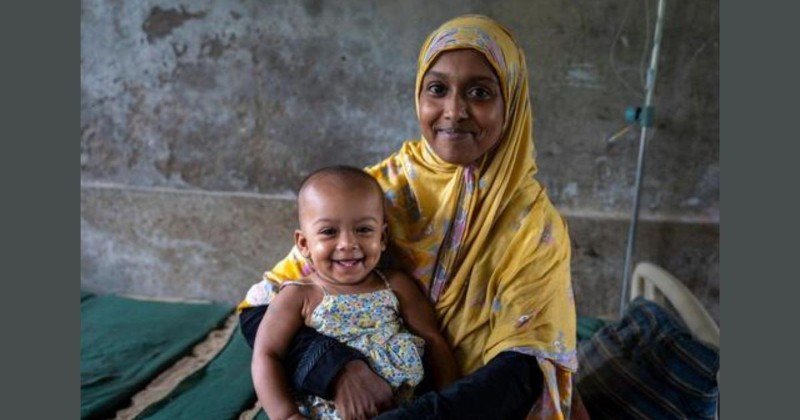Aid cuts threaten Bangladesh’s maternal health progress
Published: 12 April 2025, 7:05:54

Bangladesh’s progress in maternal health is at risk due to announced and potential funding cuts by key development partners, according to a UN global report.
The report titled ‘Trends in Maternal Mortality’, released on World Health Day, highlights global progress in reducing maternal deaths.
According to the report, Bangladesh has significantly reduced its maternal mortality rates through government initiatives, including improvements in women’s economic and educational status, enhanced emergency care, increased access to skilled birth attendants, strengthened community health workers, and expanded family planning services.
The report also shows a 40% global decline in maternal deaths from 2000 to 2023; Bangladesh exceeded this average with an impressive 79% reduction in its maternal mortality ratio (MMR).
This represents a decline from 523 to 115 deaths per 100,000 live births over the same period, which equates to approximately 4,000 maternal deaths in 2023.
This progress, with an average annual reduction rate (AAR) of 7% from 2000 to 2023, reflects sustained efforts to improve access to essential health services.
However, reflecting global concerns raised in the UN report, Bangladesh’s progress is now at risk.
The report highlights that unprecedented aid cuts are forcing countries to scale back essential maternal, newborn, and child health services.
OIC Representative to UNICEF in Bangladesh Stanley Gwavuya said, “Bangladesh’s Sustainable Development Goal targets could be hindered by reduced support, necessitating increased government budget allocation for health and strengthening health systems to ensure vulnerable mothers’ needs are covered.”
Moreover, the dedicated efforts and the support of our development partners have been key to all these initiatives,” he added.
WHO Representative a.i. in Bangladesh Dr Ahmed Jamsheed Mohamed said, “Bangladesh has made significant progress in improving maternal health services, but inequities persist, especially among women in remote and rural areas and poorer households.”
WHO is committed to supporting Bangladesh in strengthening health systems, investing in the workforce, and addressing underlying factors that put women’s lives at risk,” he added.





